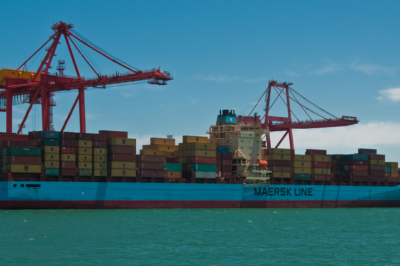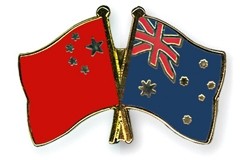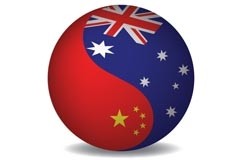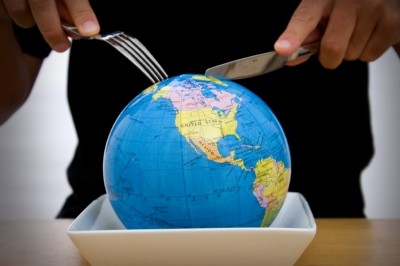Australia
SWOT analysis exposes Asian opportunities for Australian exporters
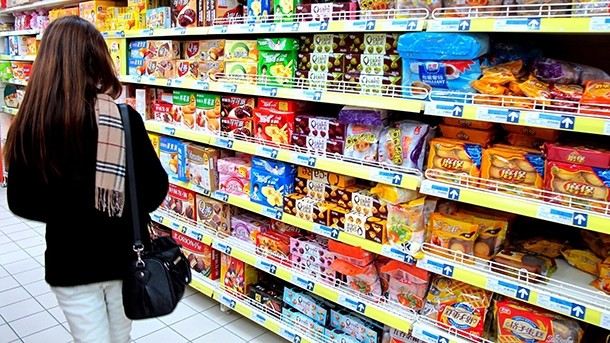
The reports, compiled in partnership with the Australian Trade Commission, examine opportunities for snacks, beverages, baked goods and condiments in Malaysia, Thailand and China.
AFGC chief executive Gary Dawson said the study provided a significant contribution to the understanding of opportunities that exist for Australia’s food and beverage manufacturers who are considering exporting to Asia.
New focal points
“Australian and international research has focused on export opportunities for products such as dairy, meat and wine across Asian markets, but there has been little focus on the opportunities for manufactured food products such as snacks, non-alcoholic beverages, and confectionery,” said Dawson.
He explained that Thailand and Malaysia were chosen because of their improved access under respective trade agreements, while China featured due to its long-term food consumption forecasts.
Australian food products are “generally well regarded [in China] and more likely to be competitive at the premium end of the market – given our limited scale of production and global reputation”, the report highlighted.
“At the premium end, package sizes are shrinking, and high-quality, defined-source ingredients (and verifiable health claims) are of growing importance to the Chinese consumer.”
Exporters preparing to enter China should consider targeting emerging premium supermarkets through experienced importers or distributors, the report advised, adding that the challenges of market entry into China, such as labelling, import taxes and customs, should not cloud the opportunity.
The importance of halal
In Malaysia, halal certification, whether by an Australian or Malaysian body, is a virtual necessity to give easier market access and the ability to command a higher price.
“Malaysia is seen as a leader in the global race for halal standard supremacy. Australian suppliers can leverage this by mixing halal certification with other hallmarks of distinction — organic halal, gluten free halal etc.,” the report stated. “Some Australian SMEs have had great success in this ‘niche within a niche’.”
In terms of Malaysian retail, the country’s slower adoption of the convenience retail format, compared to other Asian countries, was singled out. In a country where local mini markets still dominate, premium imported items will find a better fit with the larger supermarket and hypermarket chains, it said.
And in Thailand, the report advised that import growth is fastest at the premium end of the market, with high-end supermarket formats and convenience stores being the distribution channels that most likely offer opportunities for Australian premium products.
It found the country's market for organic, healthy and functional foods is growing fast, with labelling and health claim regulations far less onerous than those for entry into the Chinese market, while innovation is important for brand differentiation.
“Younger Thai consumers are driving demand for innovation in flavours and packaging. While this means Thai distributors and retailers are always open to new ideas, Australian suppliers must be aware that local Thai manufacturers, famously adaptive to emerging trends, will soon be chasing your market niche.”
“Exporting to Asia is challenging for many Australian food and grocery manufacturers, particularly SMEs with limited resources,” Dawson added.
“It’s critical for government agencies and industry to work together to facilitate trade and innovation.”
